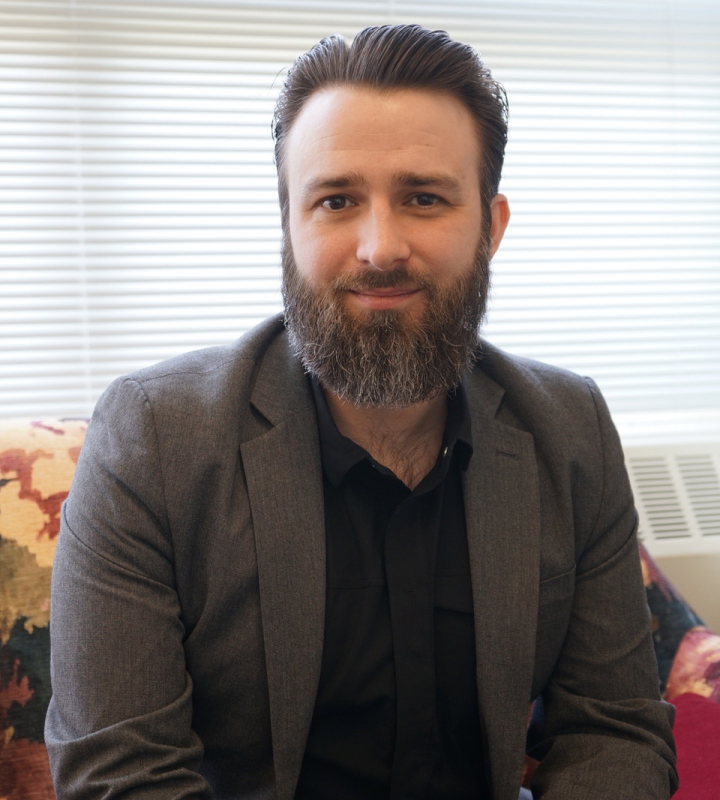Dr. Nicholas G. Evans is Assistant Professor of Philosophy at the University of Massachusetts Lowell, where he conducts research on the ethics of emerging technologies, with a focus on national security issues. He is best known for his research on “dual-use research” in the life sciences. His first sole-authored book, The Ethics Neuroscience and National Security, will be published by Routledge in Fall 2020. In 2017, Dr. Evans was awarded funding from the National Science Foundation to examine the ethical issues arising in the development and deployment of autonomous vehicles.
In addition to his work on emerging technologies, Dr. Evans is a recognized expert in public health ethics. His 2016 collection, Ebola’s Message: Public Health and Medicine in the 21st Century focused on clinical, political, and bioethical dimensions of Ebola virus disease, and received favorable reviews in Nature. He is currently conducting research for a companion work on the ongoing coronavirus disease outbreak.
Prior to his appointment at the University of Massachusetts, Dr. Evans completed postdoctoral work in medical ethics and health policy at the Perelman School of Medicine at the University of Pennsylvania. In 2015, he held an Emerging Leaders in Biosecurity Initiative Fellowship at the UPMC Center for Health Security, Baltimore. Dr. Evans has conducted research at the Monash Bioethics Centre, Australian Defence Force Academy, University of Exeter, and University of Cambridge Centre for the Study of Existential Risk. He has also served as a policy officer with the Australian Department of Health and Australian Therapeutic Goods Administration.
For more information, visit: https://www.nicholasgevans.com/
